
Each focus area is expected to deliver concrete collaborative projects. To achieve this, the group will:
- Hold regular meetings among leads to exchange knowledge and practices.
- Set shared goals, identify synergies, and map relevant expertise.
- Define one or more major challenges (e.g., Metal Bio-Extraction Platform, Seaweed Biorefinery Development, Biobased Polymers with Tunable Biodegradability).
- Produce a White Paper explaining the chosen challenge, its relevance, potential approaches, and requirements for future project proposals.
- Use the White Paper to support the GBA board in discussions with foundations and other funders.

The focus areas will co-organize a workshop or session on their topics for the annual GBA conference.
Coordination will occur in partnership with the conference organizing committee.
Multiple focus areas may combine efforts for a joint session.
Focus area leads will meet regularly (e.g., twice per semester) with Alliance leadership to report on activities and contribute to strategic decisions.

- Institutional collaborations: Joint research, shared projects, and networked teams strengthen each member university and deepen collaboration across the Alliance.
- Brand promotion: Institutional leads act as ambassadors for the network and its focus areas, helping attract new participants.
- Collaborations and Funding: Leads can launch joint programs positioned to secure funding from a wide range of international sources.
- Talent: Recruit strong postgraduate candidates into shared initiatives (e.g., DTUQ, QUEX, IGSSE).
- Exchange formats: Expand access to research and teaching infrastructure across member institutions.
- Advocacy and Engagement: GBA leadership can support major funding proposals and facilitate connections with industry, NGOs, governments, and foundations.
Current Areas
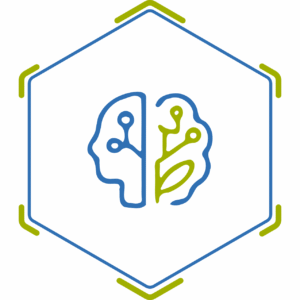
The focus group, "AI and Data Science in the Bioeconomy", brings together experts in machine learning, bioinformatics, systems biology, biotechnology, optimisation, data science infrastructure and digitalised process engineering. The group aims to accelerate the development of sustainable solutions for biological, chemical, and agricultural processes and systems. The group also serves as a hub for other focus groups, providing guidance on AI, data, and computing to ensure advanced analytics and intelligent modelling strengthen research and innovation throughout the circular bioeconomy.
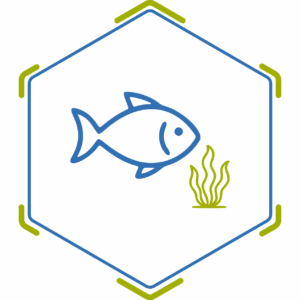
Marine plants such as seaweeds offer substantial potential for sustainable biomass production. To integrate seaweeds meaningfully into the bioeconomy, several challenges must be addressed, including large-scale mechanized cultivation, development of biorefinery concepts with rapid chemical and biotechnological processing, enzymatic deconstruction of recalcitrant cell walls, management of seasonal and species variability, and assessment of impacts on biodiversity and local communities. Within this focus area, these topics will be addressed, scalable technical solutions advanced, and a roadmap toward seaweed biorefineries developed.
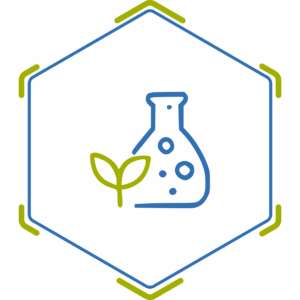
This group focuses on fermentation strategies for the production of single molecule products (precision fermentation) that contribute to improve the global bioeconomy. This is achieved through the use of diverse substrates, microorganisms (endogenous and recombinant production), downstream strategies, and modelling approaches.
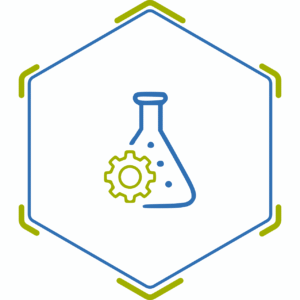
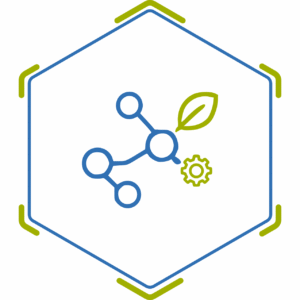
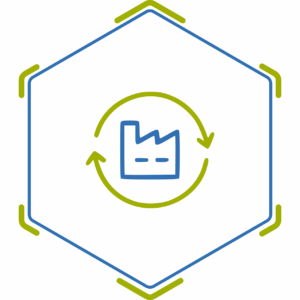
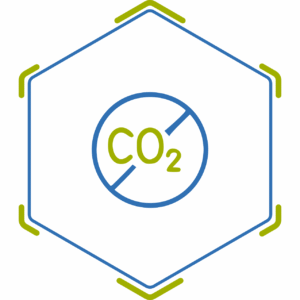
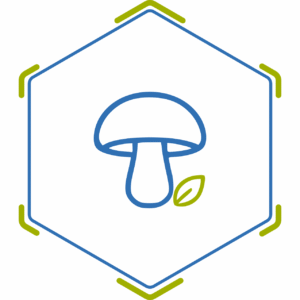
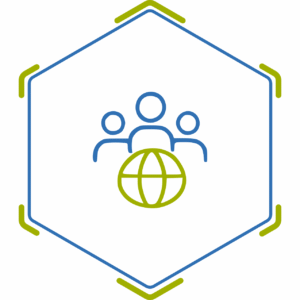
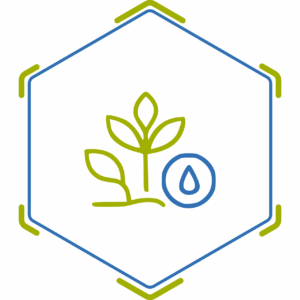
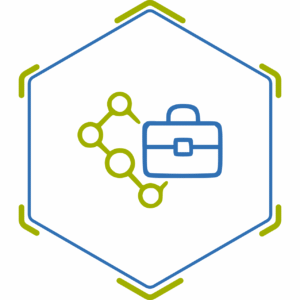
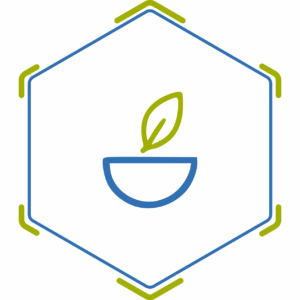
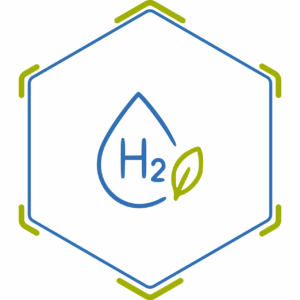
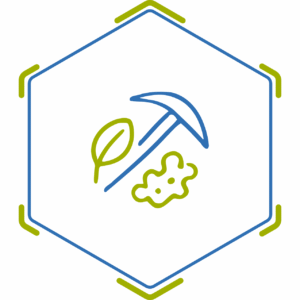
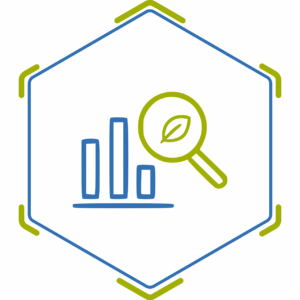
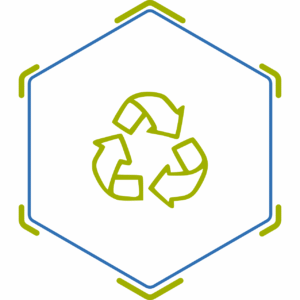
This focus group focuses on side and waste streams such as lignocellulosic materials from forestry and agricultural residues, as well as non-lignocellulosic food side streams like orange or banana peels. It also examines the use of enzymes, microorganisms, and other living organisms to process these substrates, with emphasis on substrates and technologies rather than the final products.